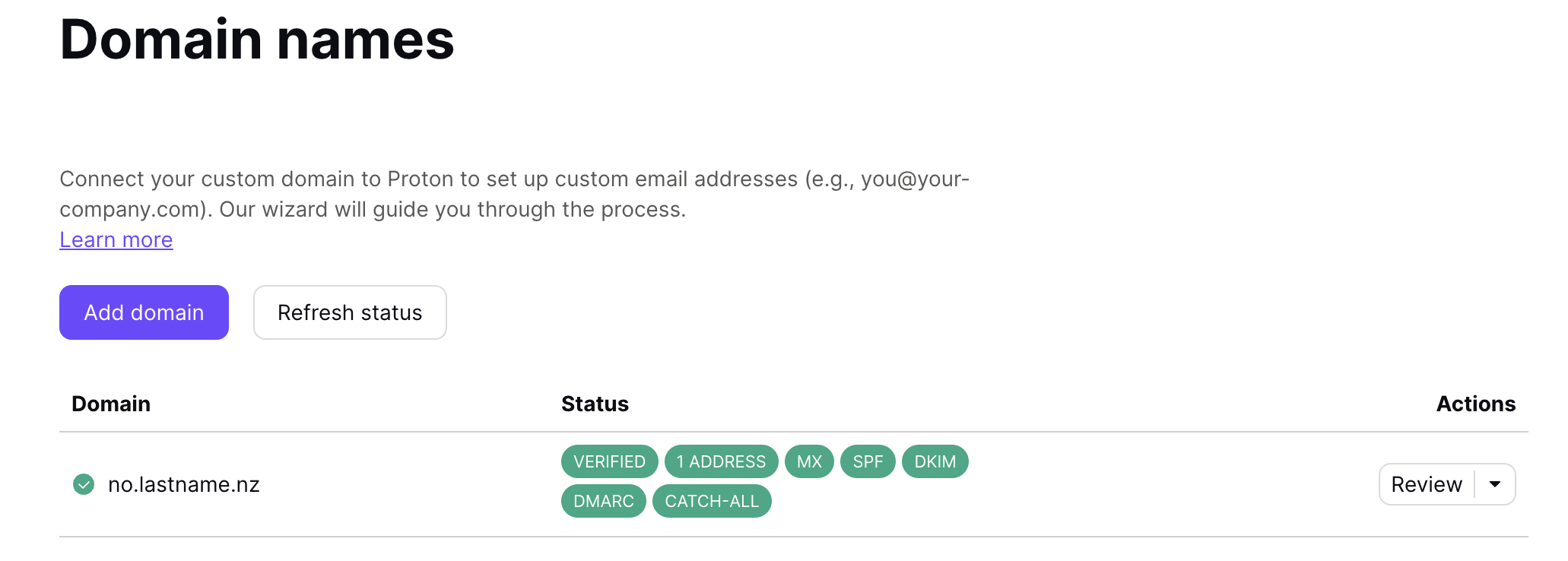Selfhosted
A place to share alternatives to popular online services that can be self-hosted without giving up privacy or locking you into a service you don't control.
Rules:
-
Be civil: we're here to support and learn from one another. Insults won't be tolerated. Flame wars are frowned upon.
-
No spam posting.
-
Posts have to be centered around self-hosting. There are other communities for discussing hardware or home computing. If it's not obvious why your post topic revolves around selfhosting, please include details to make it clear.
-
Don't duplicate the full text of your blog or github here. Just post the link for folks to click.
-
Submission headline should match the article title (don’t cherry-pick information from the title to fit your agenda).
-
No trolling.
Resources:
- selfh.st Newsletter and index of selfhosted software and apps
- awesome-selfhosted software
- awesome-sysadmin resources
- Self-Hosted Podcast from Jupiter Broadcasting
Any issues on the community? Report it using the report flag.
Questions? DM the mods!
view the rest of the comments

i think instead the opposite. The backend is the real interesting part, and the only way that we can be sure that "they cannot read the emails" (they arrive in clear, saved with reversible encryption and they have a key for it - if you use their services to commit crimes they will collaborate with the law enforcement agencies like everyone else)
imap/smtp can be toggled with a warning, if that's really their concern. As of now i have the feeling that's instead blocked to keep users inside (no IMAP = no easy migration to somewhere else) or to limit usage (no SMTP = no sending mass email)
While I'd still prefer it, OSS can't really help with that because what's really required here is remote attestation.
That is an unsolved problem to my knowledge; there is no way to know which software they're actually running. Even if they published the source code, they could trivially apply a patch in their deployment that stores all incoming email somewhere and you'd be none the wiser.
Even if they published source code and could somehow prove to you that they're running a version derived from it, you would still not be safe from surveillance as one could simply MITM all connections. See i.e. https://notes.valdikss.org.ru/jabber.ru-mitm/.
That's likely one of the reasons they do everything they can to make PGP accessible to every user.
It's plain and simply not how their service works. They'd have to build most of their service a second time but unencrypted.
It's like asking Signal to build in support for IRC; it does not make sense for them to do that in any way without malicious intent needed.
You have IMAP access via the bridge. That's what it's for.